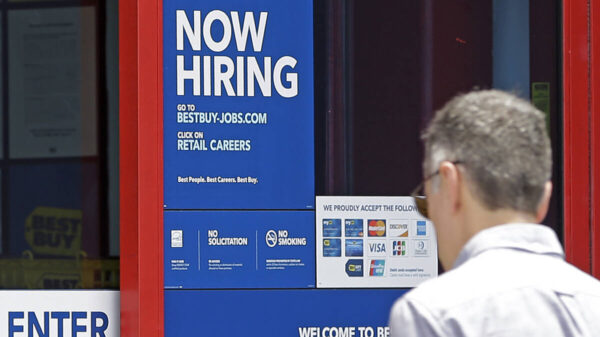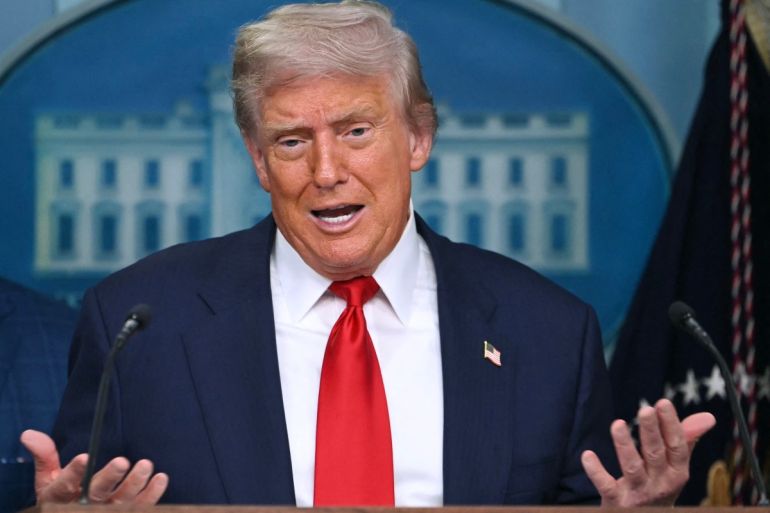UPDATE: President Donald Trump has officially nominated economist EJ Antoni to lead the Bureau of Labor Statistics (BLS), following the controversial firing of its previous head, Erika McEntarfer. This urgent development raises significant questions about the integrity of economic data in the United States.
In a post on his Truth Social platform on Monday, Trump stated, “Our economy is booming, and E.J. will ensure that the numbers released are HONEST and ACCURATE.” His nomination comes after McEntarfer was dismissed earlier this month, a move Trump justified by claiming, without evidence, that the latest jobs report had been “rigged” to reflect poorly on his administration.
Antoni, chief economist at the Heritage Foundation, has been a vocal supporter of Trump and called for McEntarfer’s removal shortly before her firing. His nomination, which requires Senate confirmation, has already sparked backlash from economists. Critics, including Jason Furman of the Harvard Kennedy School, labeled Antoni as “completely unqualified” and warned that his partisan views could undermine the BLS’s longstanding reputation for nonpartisan data collection.
Furman stated on social media, “He is an extreme partisan and does not have any relevant expertise. This would be a break from decades of nonpartisan technocrats.” Similarly, Erica Groshen, former BLS head under Obama, expressed concern, saying, “The nominee and his work are not well known in the business, academic, or public service communities.”
Antoni has previously criticized the methodologies of the BLS and emphasized the need for “accurate data in a timely manner” to restore trust in the agency. His appointment could signal a shift in how labor statistics are managed in the U.S., potentially elevating political influence over technical expertise.
As this situation develops, all eyes will be on the Senate confirmation process. Will Antoni be able to reassure the public and economists alike about the integrity of economic data? As the BLS plays a crucial role in informing economic policy and public perception, the stakes are high.
This unfolding story is expected to resonate widely, impacting not only economists but also everyday Americans who rely on accurate labor statistics for job security and economic planning. Keep following for further updates on this critical nomination and its implications for economic governance in the U.S.







































































